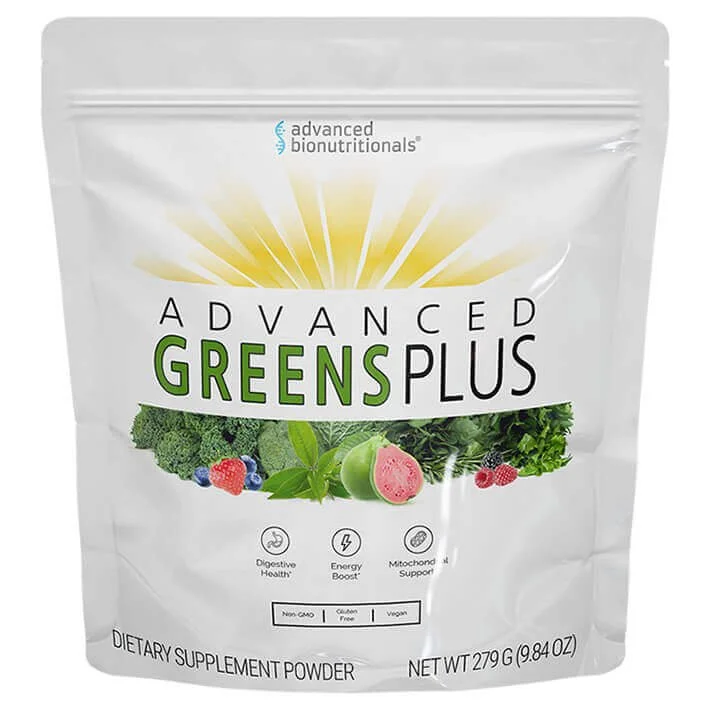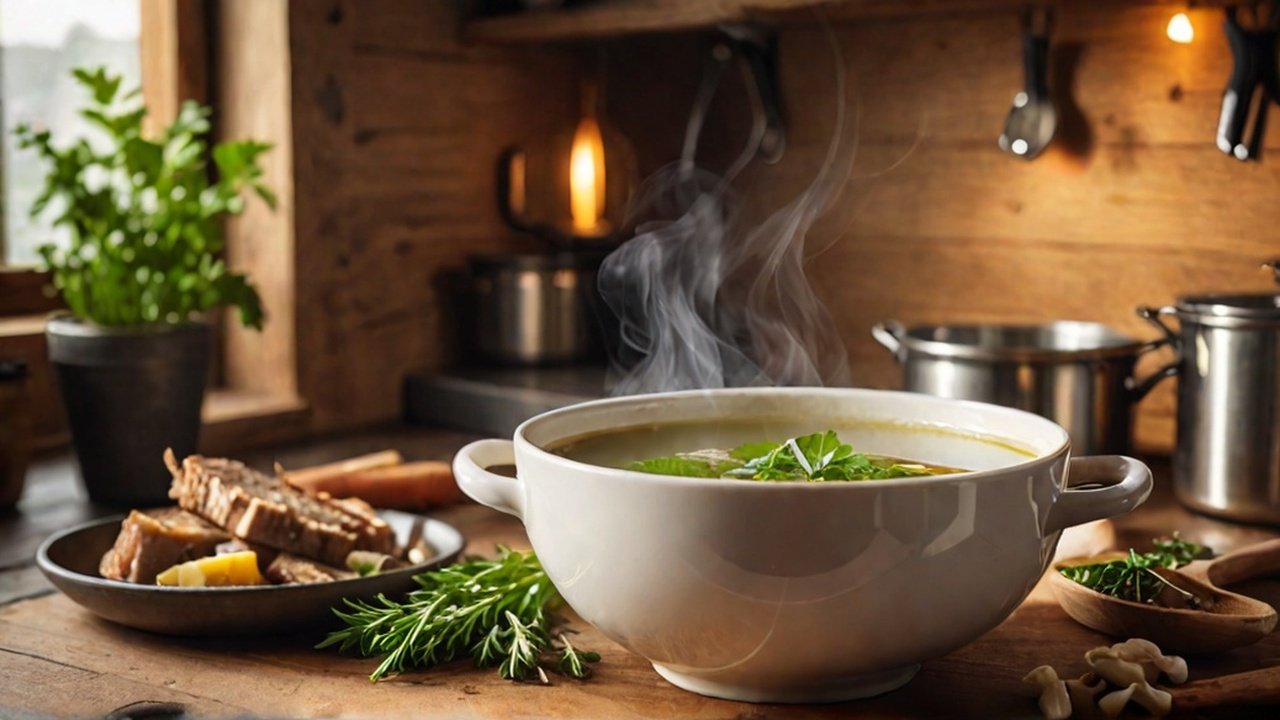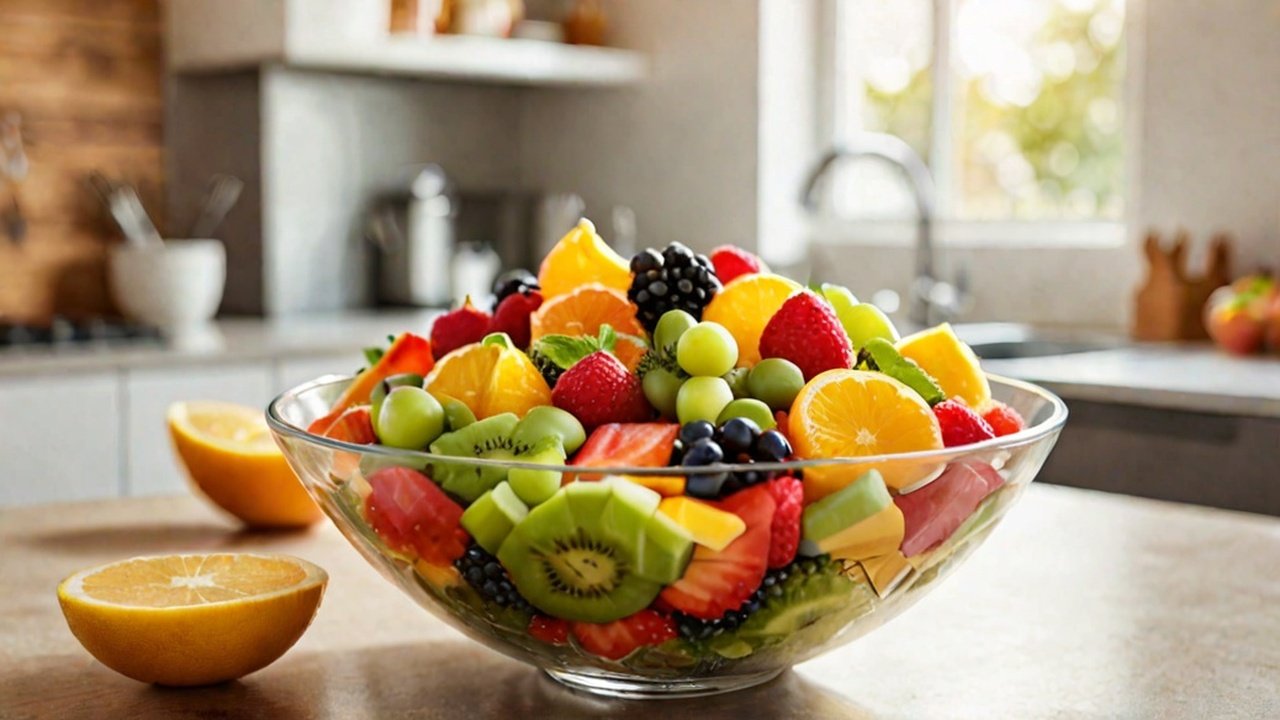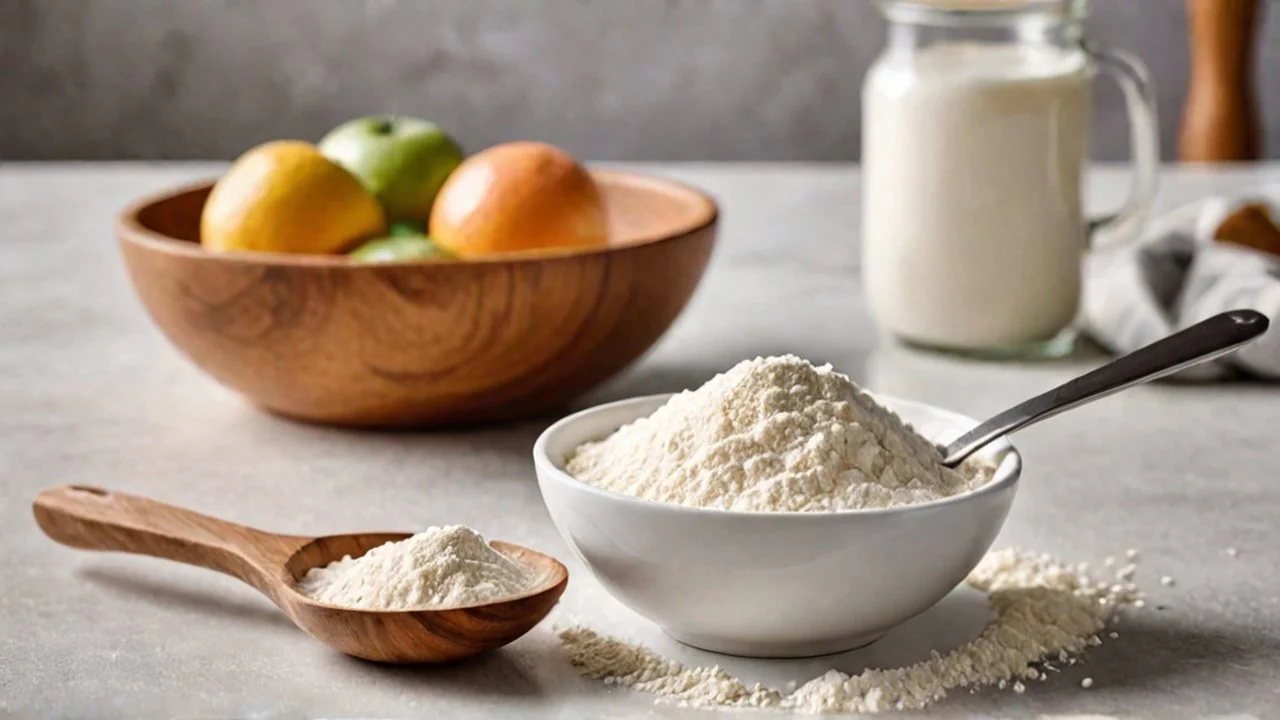The Marvelous World of Collagen: Your Guide to Health, Beauty, and Everything in Between
Welcome, curious readers and health seekers! Today, we’re diving into the fascinating realm of collagen—a vital protein that plays a starring role in our bodies, skin, and overall health. Think of collagen as the glue that holds us together (and not just in an “oops, I spilled glue on my project” kind of way). Whether you’re aiming for youthful skin, joint health, or just trying to feel fabulous, collagen might just be your new best friend. Let’s explore what it is, where it comes from, and why it’s so beneficial—while keeping the fun factor high!
What is Collagen?
Collagen is the most abundant protein in our bodies, making up about 30% of our total protein content. It’s a crucial component of our skin, bones, muscles, tendons, and ligaments, providing structure and strength. Imagine it as the framework of a house; without it, everything would crumble into a chaotic mess.
There are several types of collagen, but the most common are Type I, II, and III:
Type I: The most prevalent type, found in skin, bones, tendons, and ligaments. It’s the go-to collagen for beauty and skin health.
Type II: Primarily found in cartilage, this type supports joint health and function. Think of it as your body’s built-in shock absorber.
Type III: Often found alongside Type I, it helps provide elasticity and firmness, especially in the skin and blood vessels.
The Role of Collagen in Aging
As we age, our collagen production naturally begins to decline. By the time we hit our 20s, collagen levels start to decrease by about 1% each year—cue the dramatic gasp! This decline contributes to visible signs of aging, including:
Wrinkles and Fine Lines: As collagen levels drop, skin loses its firmness and elasticity, leading to those unwelcome creases.
Sagging Skin: Collagen is essential for maintaining the skin’s structure. Less collagen means less support, resulting in sagging.
Joint Pain and Stiffness: With less collagen, the cartilage in our joints can wear down, leading to discomfort and decreased mobility. Not exactly the aging gracefully we had in mind!
But fear not! Incorporating collagen into your diet or skincare routine can help combat these signs of aging. Let’s explore how!
The Health Benefits of Collagen
1. Promotes Healthy Skin
Collagen is often hailed as the ultimate beauty elixir. Here’s how it works its magic:
Increased Hydration: Collagen can help retain moisture in the skin, keeping it plump and hydrated. A hydrated complexion? Yes, please!
Reduced Wrinkles: Studies show that collagen supplementation can improve skin elasticity and reduce wrinkles over time. Think of it as a natural filter for your skin!
Improved Skin Texture: Regular collagen intake can lead to smoother, more radiant skin. It’s like giving your skin a makeover from the inside out.
2. Supports Joint Health
Collagen is a key player in joint function and health, particularly for those who engage in physical activities or are experiencing age-related wear and tear:
Cartilage Protection: Type II collagen helps maintain cartilage, reducing the risk of joint pain and stiffness. It’s like having your own personal coach to keep your joints happy!
Reduced Inflammation: Collagen has anti-inflammatory properties, which can help alleviate pain associated with arthritis and other joint conditions.
3. Strengthens Hair and Nails
Want stronger hair and nails? Collagen might be your secret weapon:
Stronger Hair: Collagen provides the amino acids necessary for keratin production, promoting healthy hair growth and reducing breakage.
Nail Health: Regular collagen intake can improve nail strength, reducing brittleness and breakage. Hello, gorgeous nails!
4. Aids Muscle Mass and Recovery
Collagen isn’t just for beauty; it’s also beneficial for fitness enthusiasts:
5. Promotes Gut Health
Collagen can also play a role in digestive health:
Gut Lining Support: Collagen helps maintain the integrity of the gut lining, potentially reducing the risk of leaky gut syndrome. A happy gut means a happier you!
Where Does Collagen Come From?
Now that you’re convinced of collagen’s magical properties, you might wonder where it comes from. There are two primary sources: animal-based and plant-based.
Animal-Based Collagen
Bone Broth: Made by simmering animal bones (like chicken or beef) for an extended period, bone broth is a rich source of collagen. It’s like a warm hug in a bowl!
Gelatin: This is essentially cooked collagen and is often found in desserts like Jell-O. It’s a tasty way to get your collagen fix!
Collagen Supplements: These come in powder, liquid, or capsule form and are derived from sources like bovine (cows), marine (fish), or porcine (pigs). They’re widely available and can be easily added to smoothies, coffee, or baked goods.
Plant-Based Collagen Boosters
While true collagen is only found in animal products, certain plant foods can help boost your body’s collagen production:
Vitamin C-Rich Foods: Citrus fruits, berries, bell peppers, and leafy greens are rich in vitamin C, which is essential for collagen synthesis. So, grab those oranges and kale!
Copper-Rich Foods: Foods like nuts, seeds, and shellfish provide copper, another key player in collagen production. A handful of nuts can do wonders!
Amino Acid-Rich Foods: Legumes, beans, and soy products provide the amino acids necessary for collagen formation. Think lentil soup for a cozy dinner!
How to Incorporate Collagen into Your Diet
Ready to add some collagen goodness to your daily routine? Here are a few fun and easy ideas:
Smoothies: Blend collagen powder into your favorite smoothie for an effortless boost.
Soups and Stews: Add bone broth to soups and stews for flavor and health benefits. It’s comfort food with a twist!
Baking: Incorporate collagen powder into baked goods like muffins or pancakes for a nutritious upgrade.
Coffee or Tea: Stir a scoop of collagen powder into your morning beverage for a creamy, protein-packed start to your day.
Conclusion: Embrace the Collagen Craze!
Collagen is truly a powerhouse protein that supports skin health, joint function, muscle recovery, and more. Whether you choose to sip on bone broth, sprinkle collagen powder into your meals, or enjoy foods that support collagen production, your body (and skin) will thank you for it.
So, raise a toast to collagen—your new best friend in the quest for health and beauty! With a little laughter and a lot of collagen, you can age gracefully and feel fabulous. Here’s to embracing every fabulous wrinkle and celebrating the journey ahead!
Purchases made from this site may result in a commission.







